The recent years have seen an exponential rise in the sustainable fashion industry. But one thing in particular has caught the attention of most big brands and fashion houses. In lieu of being more sustainable, and reducing their carbon footprint, brands have been turning to the golden baby of sustainable fashion - Organic Cotton.
Organic cotton is grown without the use of harmful pesticides, fertilizers, or genetically modified organisms (GMOs). Instead, farmers use natural methods such as crop rotation, hand-weeding, and composting to maintain the health of the soil and protect the cotton plants from pests. This process not only reduces the amount of harmful chemicals released into the environment but also promotes the well-being of the farmers who grow the cotton. The benefits of organic cotton are numerous. For one, it is much gentler on the environment than conventional cotton. According to the Organic Trade Association, organic cotton production uses 71% less water and 62% less energy compared to conventional cotton. Additionally, the absence of harmful chemicals means that the soil remains healthy, reducing soil erosion and improving the quality of nearby water sources.
While organic cotton has many environmental benefits, it also has a positive impact on the lives of the farmers who grow it. The crop’s cost saving capabilities can be particularly beneficial for small-scale farmers who may not have the financial resources to purchase these inputs. Since organic cotton is not genetically modified, farmers can save their seeds from year to year, reducing their dependence on seed companies.
The luxury fashion industry has been particularly receptive to the use of this revolutionary crop. Big fashion houses such as Stella McCartney and Eileen Fisher have embraced sustainable materials in their clothing lines, including organic cotton in not only their clothes, but also shoe and accessory lines. These designers recognize that consumers are becoming increasingly environmentally conscious and are willing to pay a premium for clothing that is both stylish, trendy and sustainable.
In addition to its environmental and social benefits, organic cotton also ranks high in the way it feels on the skin - luxurious, soft and durable; very well-suited for the luxury fashion industry. The fabric can also be dyed in a wide range of colors, allowing designers to create unique and eye-catching pieces that are perfect for both runaway and pret collections.
One potential barrier to the widespread adoption of organic cotton in the fashion industry is its higher cost compared to conventional cotton. Since organic cotton is grown using natural methods and does not rely on harmful chemicals, it can be more expensive to produce and this cost is often passed on to consumers, resulting in higher prices for clothing made from organic cotton. However, many luxury fashion brands recognize the value of sustainable materials and are willing to invest in organic cotton despite its higher cost. Especially for the new found “sustainable consumer” these brands understand that sustainable materials are an important non-negotiable and can help to differentiate their products in a crowded marketplace.
Joining the dots between luxury and sustainability, here is a list of a few brands that use organic cotton vastly in their collections-
Stella McCartney
Vivienne Westwood
Eileen Fisher
Acne Studios
Chloé
Gabriela Hearst
Looking for your pick on sustainable organic cotton clothes? Check out the entire collection of One Less products here!
Organic cotton is grown without the use of harmful pesticides, fertilizers, or genetically modified organisms (GMOs). Instead, farmers use natural methods such as crop rotation, hand-weeding, and composting to maintain the health of the soil and protect the cotton plants from pests. This process not only reduces the amount of harmful chemicals released into the environment but also promotes the well-being of the farmers who grow the cotton. The benefits of organic cotton are numerous. For one, it is much gentler on the environment than conventional cotton. According to the Organic Trade Association, organic cotton production uses 71% less water and 62% less energy compared to conventional cotton. Additionally, the absence of harmful chemicals means that the soil remains healthy, reducing soil erosion and improving the quality of nearby water sources.
While organic cotton has many environmental benefits, it also has a positive impact on the lives of the farmers who grow it. The crop’s cost saving capabilities can be particularly beneficial for small-scale farmers who may not have the financial resources to purchase these inputs. Since organic cotton is not genetically modified, farmers can save their seeds from year to year, reducing their dependence on seed companies.
The luxury fashion industry has been particularly receptive to the use of this revolutionary crop. Big fashion houses such as Stella McCartney and Eileen Fisher have embraced sustainable materials in their clothing lines, including organic cotton in not only their clothes, but also shoe and accessory lines. These designers recognize that consumers are becoming increasingly environmentally conscious and are willing to pay a premium for clothing that is both stylish, trendy and sustainable.
In addition to its environmental and social benefits, organic cotton also ranks high in the way it feels on the skin - luxurious, soft and durable; very well-suited for the luxury fashion industry. The fabric can also be dyed in a wide range of colors, allowing designers to create unique and eye-catching pieces that are perfect for both runaway and pret collections.
One potential barrier to the widespread adoption of organic cotton in the fashion industry is its higher cost compared to conventional cotton. Since organic cotton is grown using natural methods and does not rely on harmful chemicals, it can be more expensive to produce and this cost is often passed on to consumers, resulting in higher prices for clothing made from organic cotton. However, many luxury fashion brands recognize the value of sustainable materials and are willing to invest in organic cotton despite its higher cost. Especially for the new found “sustainable consumer” these brands understand that sustainable materials are an important non-negotiable and can help to differentiate their products in a crowded marketplace.
Joining the dots between luxury and sustainability, here is a list of a few brands that use organic cotton vastly in their collections-
Stella McCartney
Vivienne Westwood
Eileen Fisher
Acne Studios
Chloé
Gabriela Hearst
Looking for your pick on sustainable organic cotton clothes? Check out the entire collection of One Less products here!
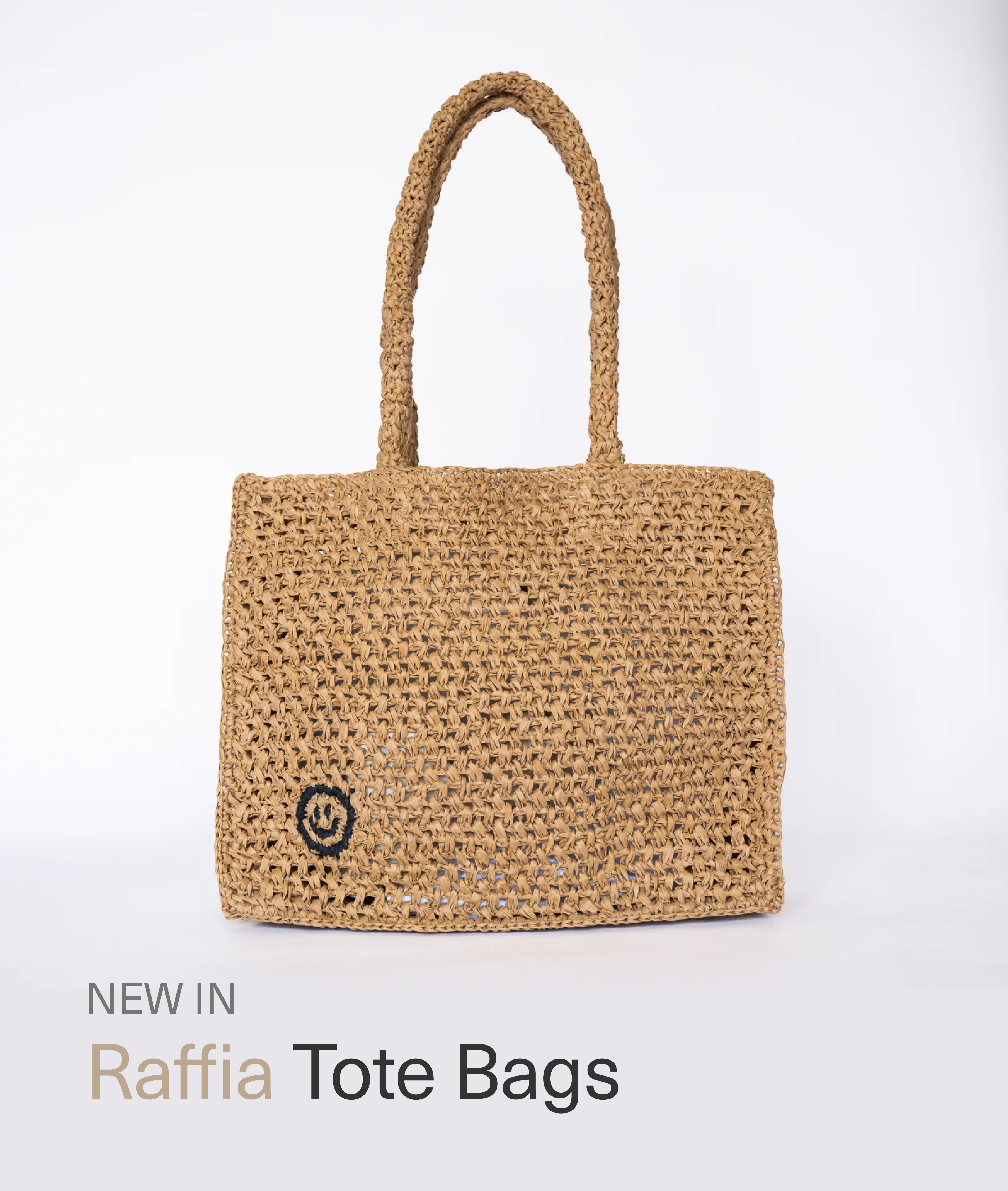
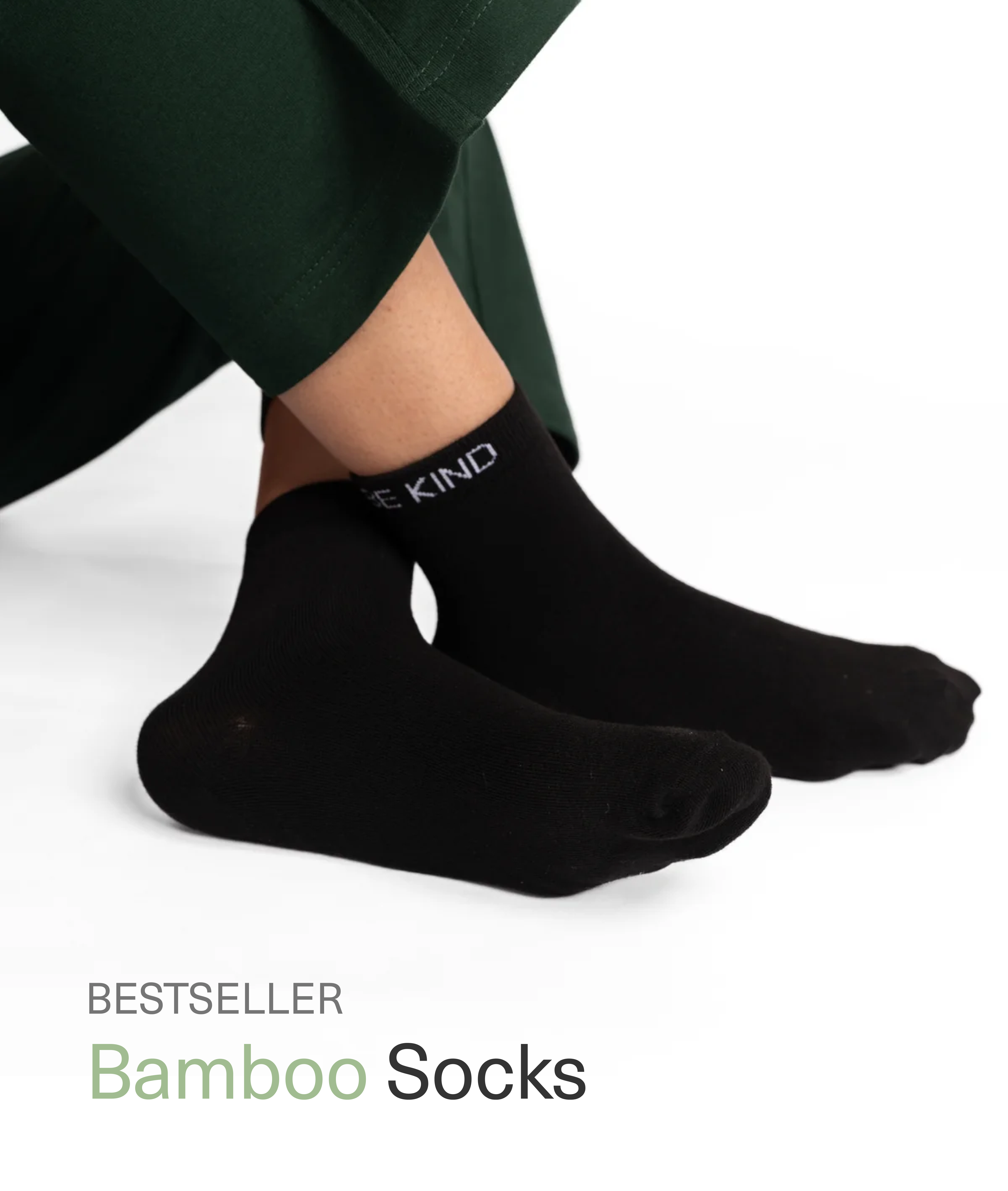
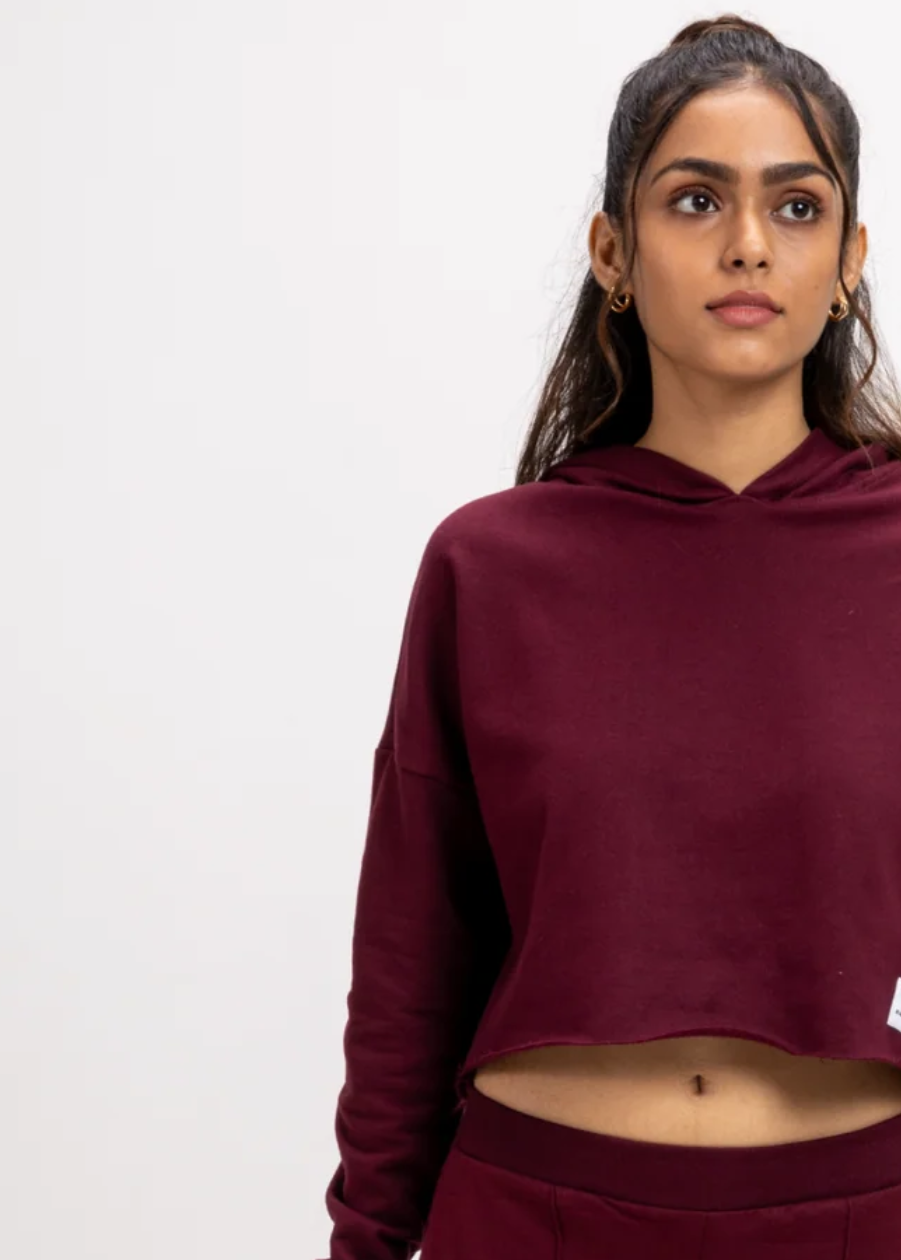

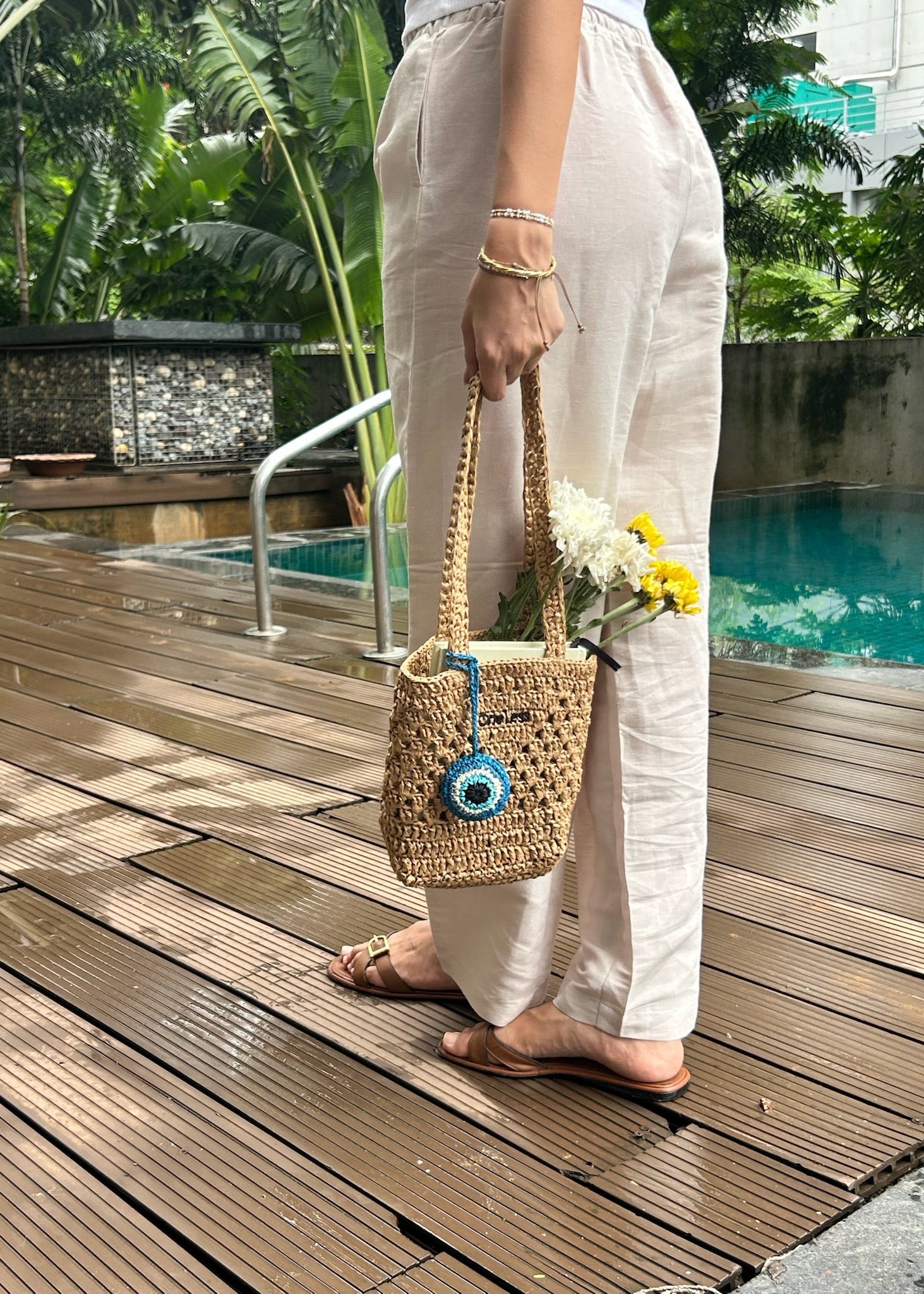

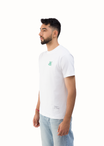
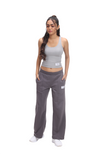
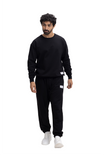

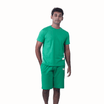
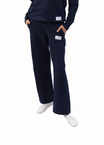


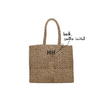

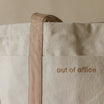
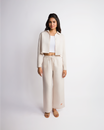
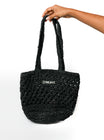
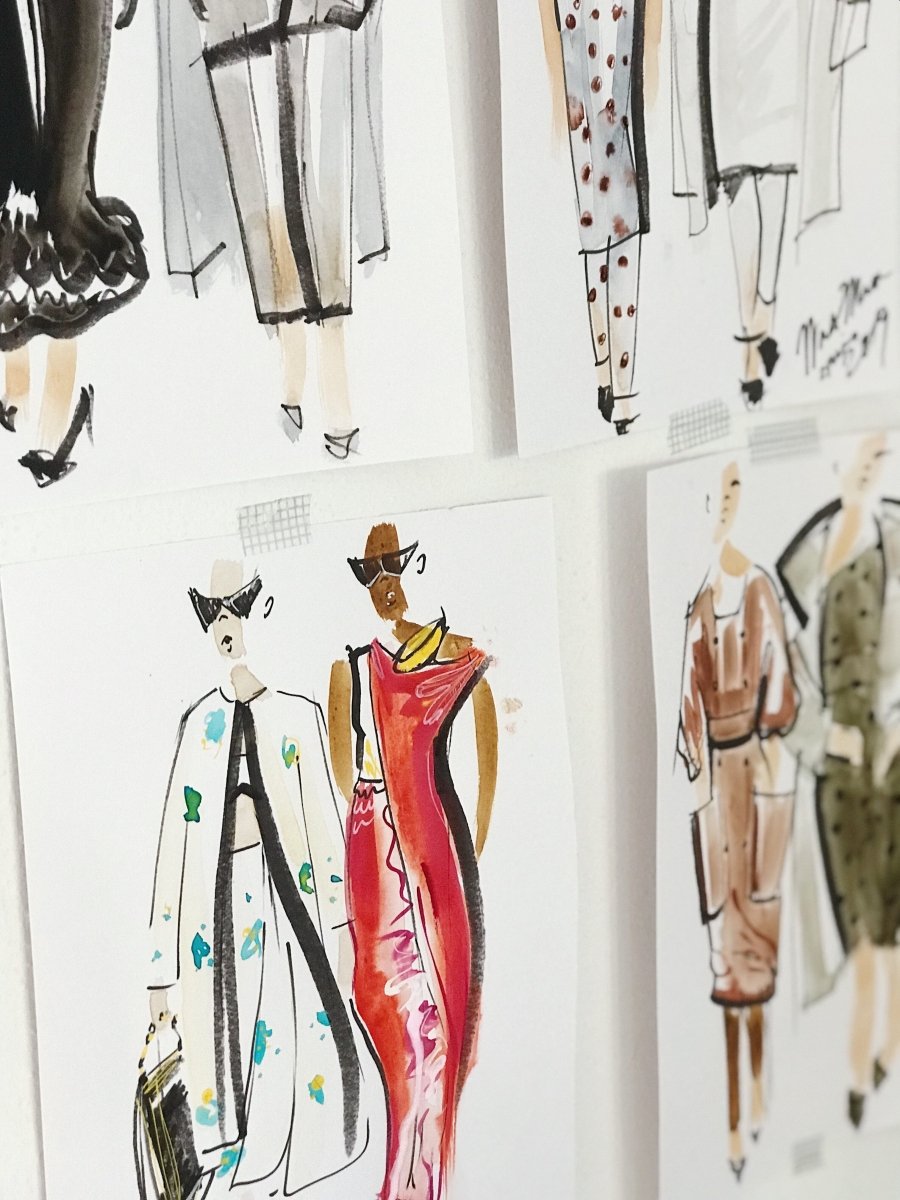
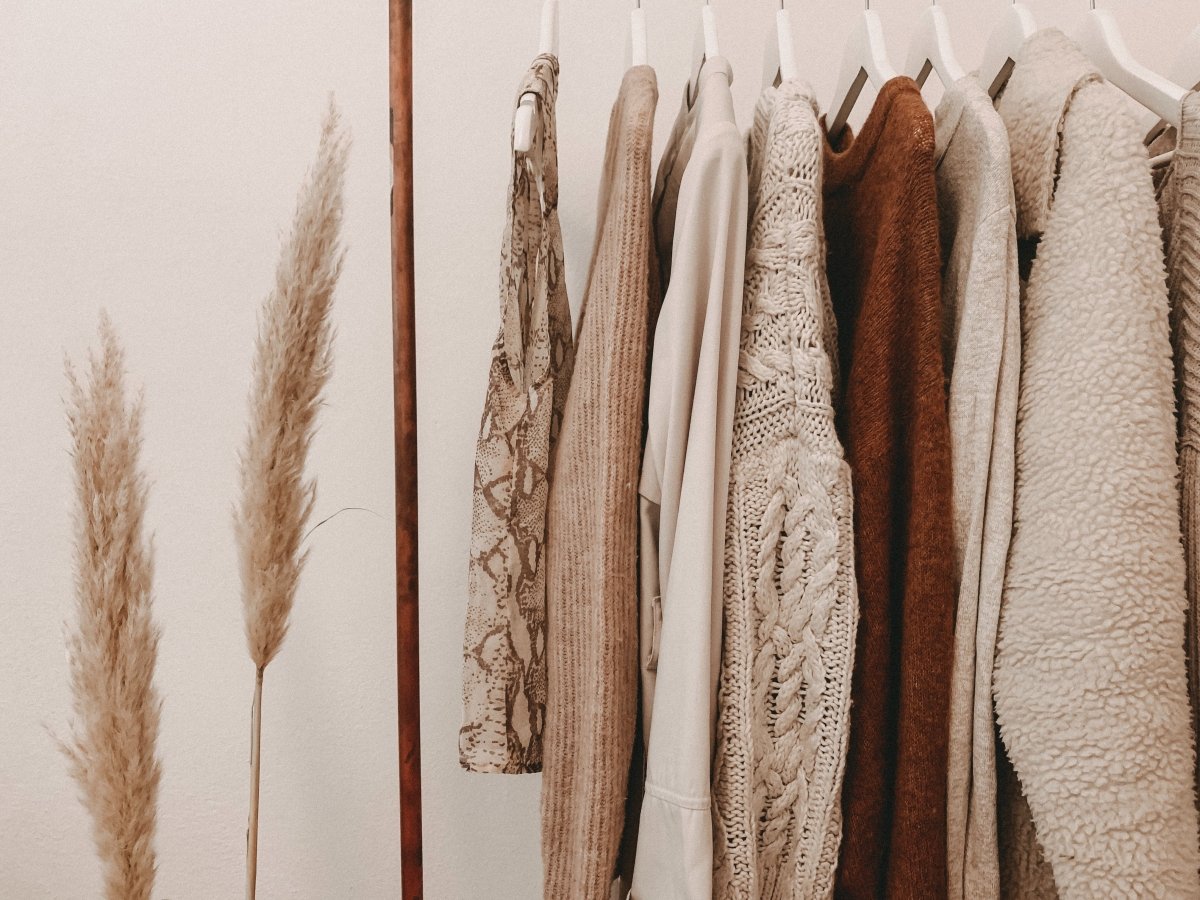
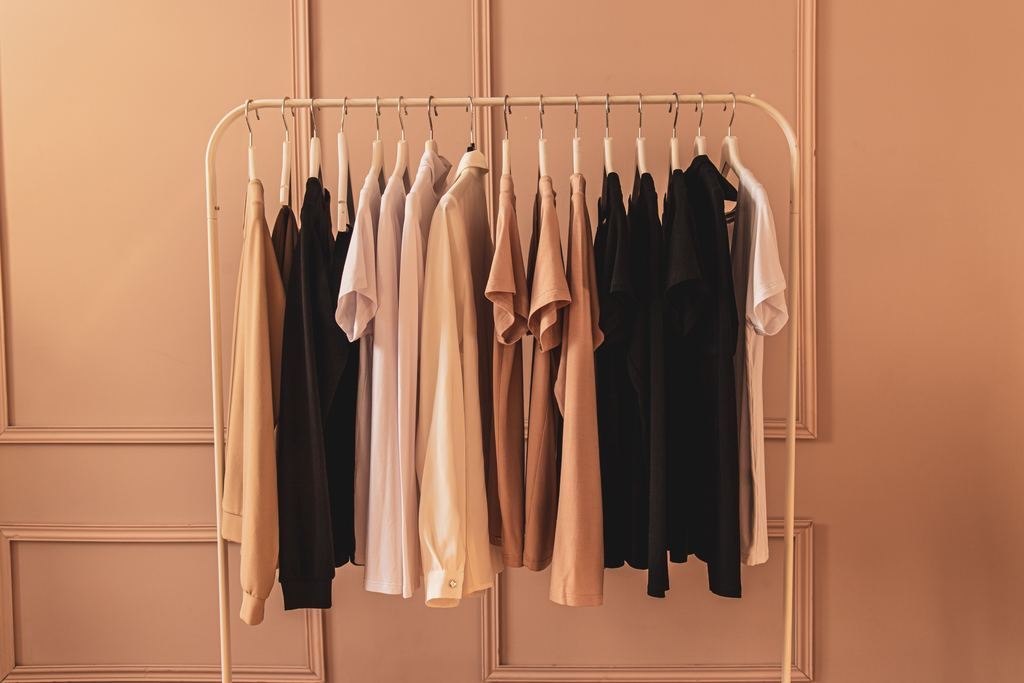
Leave a comment
This site is protected by hCaptcha and the hCaptcha Privacy Policy and Terms of Service apply.